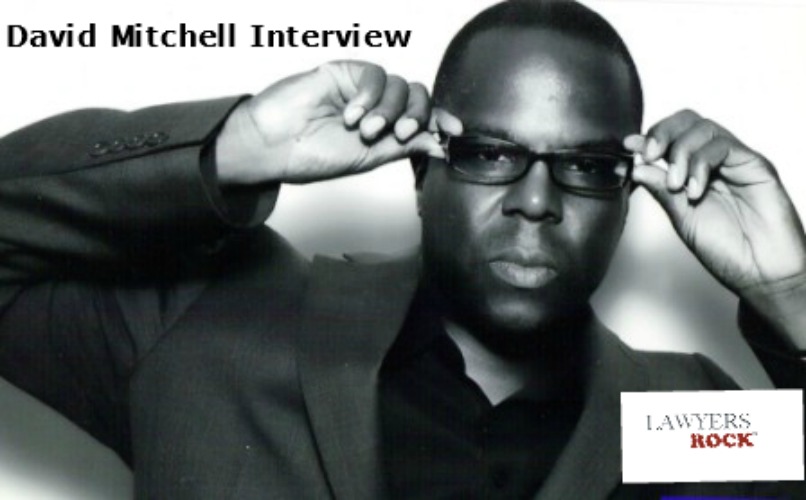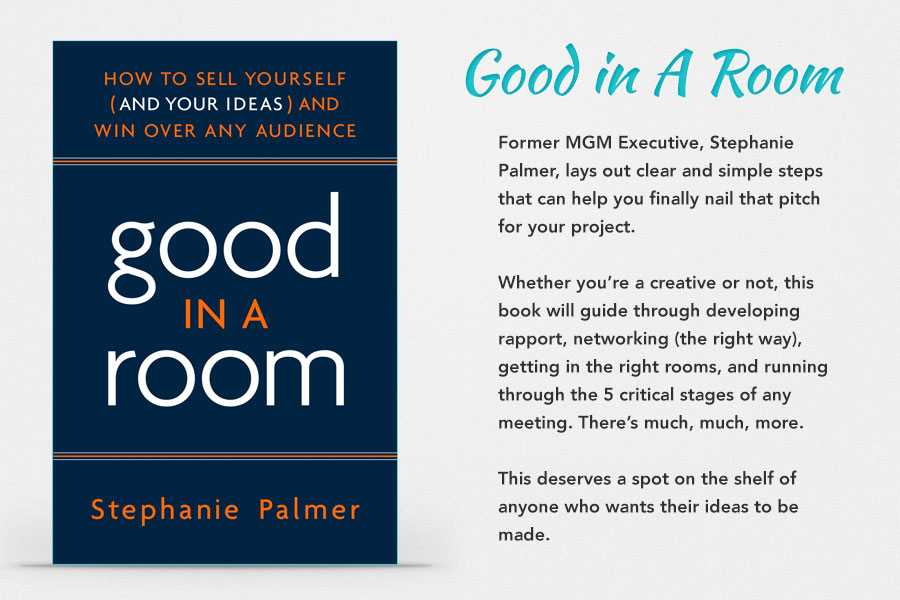 Do you ever notice that some people in the public eye give numerous interviews but still seem to always trip over their own tongue, fumble their words and use “um”, “ah” and “like” a lot?
Do you ever notice that some people in the public eye give numerous interviews but still seem to always trip over their own tongue, fumble their words and use “um”, “ah” and “like” a lot?
On the other hand you will also see people in the entertainment industry who give clear, concise interviews and always seem to be right on point. It’s almost like the people who excel at interviews have been coached?
Well I’m telling you right now that from my experience most of the people who give great interviews have had some coaching or training in how to do just that!
When your in the Entertainment industry perception is everything! You don’t want to come off as a mumble mouth or people might not take you (or your client) seriously.
That is why in today’s interview I am talking to media coach David Mitchell of DAM Media Group. He is also the producer of Amalgamation Magazine, a industry quarterly magazine.
David helps people prepare for their interviews with the media (television, radio, online, etc.). That can include helping an artist, an actor, or an entertainment executive.
He is going to give us some good tips on how to prepare for interviews, what you should say…and probably more importantly what you should not say.
So lets get right to it. Here is the video of our chat with the full text underneath.
Richard
David, welcome to LawyersRock.com. Lets jump right in. What does a media coach do?
David
Typically I get hired by publicists from the labels, managers, or attorneys. They usually call me in to assist their artist with interview preparation.
Whatever type of media, whether it is an interview for radio or TV or pre-interview or an online interview, I try to help them define their talking points, to get their message out, and to basically streamline that message within so many seconds or so many minutes; and to discuss their new album, film or some particular project that they are out there promoting at the time.
Richard
It sounds like you should be in high demand. How you did you get your start?
David
Well, I actually question whether it is a high in demand career. I don’t get nearly enough customers, and even some of my mentors don’t get nearly the amount of clients that they used to get.
I think at this stage of social media, people are trying to, I guess you can call it, “keeping it real”, they don’t want to get their artist too polished. They don’t put in their budgets the type of development that they need.
I got into this, and I’ve been working for, Urban Network for 16 years and then I published my own magazine for the last 5 years. I’ve done well over a thousand interviews, and I can really see the good interviews from the bad interviews. I thought, “hey I think I can come in here and help a few artists and maybe even some executives” and so I made a few calls to my contacts, and people are happy with the results.
Richard
And that is a perfect lead into my next question. What are some common mistakes you see the artists making in interviews?
David
Wow! Common mistakes, I guess it depends on the artist. Some artists tend to ramble. You also get those artists that get those filler words, like “uh uh” and “you know what I’m saying”, and “like and like”, or the over gesture, or they don’t filter themselves during the interview, or they just lose track of their talking points.
Those are big things that we really try to concentrate, and narrow in on, when I am working with the artist.
Richard
What if you are in an interview and you get that “gotcha” question, or you just don’t want to talk about something? What is a good way to address that?
David
Well one of the things I try to reinforce during my coaching is always be in the moment. I know that is very Oprahesque, but listen closely to the questions that are being asked to you.
Try not to allow your mind to drift and when you do get those questions that you are asked that maybe you are uncomfortable with or that are not part of, lets say the agenda that was given prior to the interviewer by your publicist, I try to teach artists how to pivot, you know there are those pivot answers that you can give; that can kind of get you out of those uncomfortable questions.
Also remember why you are there in the first place, what is it that you are initially selling, I mean to discuss my album, film project or next week’s game. Those are the things that we want to focus on, and I think that there are subtle ways in which you can pivot out of those uncomfortable questions or awkward moments. I teach artists how to do that.
Richard
It sounds like preparation is important. What are some tips you can share with the audience that would help them prepare for an interview?
David
Well, I always tell artists you know, when that interview is being scheduled for you, ask your publicist or your manager, who am I speaking with, what kind of interview, is it a television interview, because that is going to be treated differently that if it were an online interview or a radio interview where you may spend you know 20 minutes on the phone talking to an audience, or you may spend 20 minutes in the actual studio talking to an audience and it becomes theater of the mind.
There are just so many different facets to good interviewing and I really take this course that can last six to eight hours over 2 or sometimes 3 days depending on the attention span of the artist.
Richard
All great points David, thank you. Well before you go, tell us a little bit more about yourself, how to get in contact with you, and how did you come up with that name “Amalgamation” for your magazine?
David
Well I chose a pricey word to name the magazine, amalgamation, meaning unification or blending many different elements and you can find me at amalgamationmag.com, it is a wonderful site, we ask people to come and visit us, I put out an actual printed magazine quarterly and this year I am partnering up with the Urban Network Digital to host a music conference, Back To Basics: The Music & Entertainment Summit 2014.
I was part of Urban Network for 16 years and we are bringing back the music entertainment so I am in. It is going to be May 1st through the 4th at the Four Sheraton in San Diego, California.
Richard
Thank you David for the interview, very good information.
For more information on DAM Media Group and Amalgamation Magazine, follow this link.
What did you think of what David had to say? Do you think that we are headed towards a trend of people in the public eye “keeping it more real” and using media coaches less and less? Do you think the public prefers our celebrities unfiltered or does it open up a PR nightmare?
Look forward to your opinions, just add to the comment section below.
If you found value in this post I hope you will take a moment to share by clicking one of the social media buttons.
Cheers!


